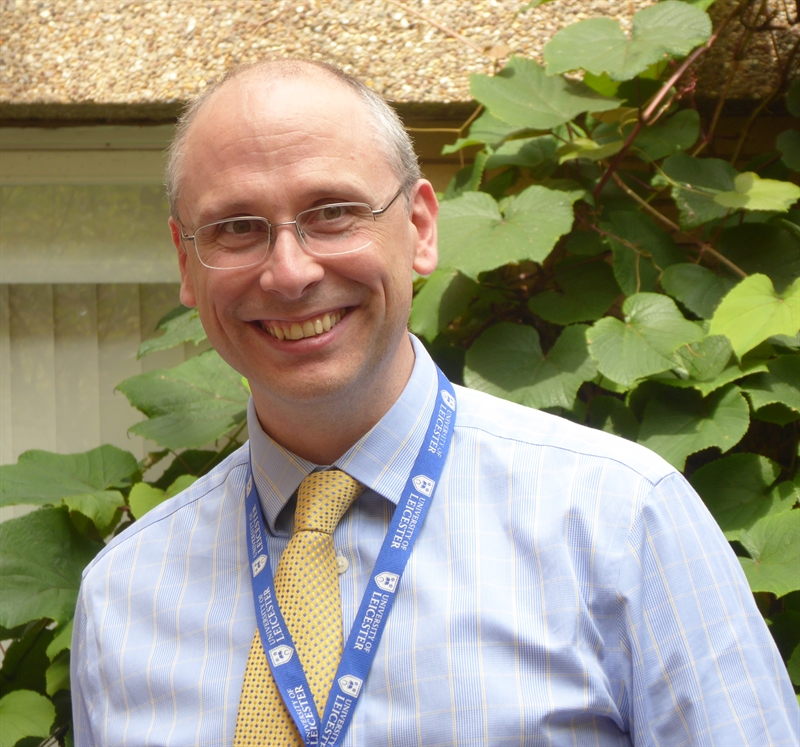The European Society of Cardiology European Heart Journal recently published an editorial called ‘Spontaneous coronary artery dissection: no longer a rare disease’.
The article was written by Dr David Adlam, University of Leicester, who is leading the UK SCAD research, Dr Marcos Garcia-Guimaraes, Hospital Universitario de La Princesa, Madrid, and Dr Angela Mass, Radboud University Medical Centre, Nijmegen. The authors discuss the ‘Canadian spontaneous coronary artery dissection cohort study: in-hospital and 30-day outcomes’, by Dr Jacqueline Saw et al.
The study looked at 750 SCAD patients from 22 North American medical centres between 2014 and 2018 and concluded that conservative treatment appears to be safe and is the preferred treatment where possible and that survival rates were excellent. However, significant complications, including recurrence, unplanned revascularisation and stroke may occur within 30 days.
Dr Adlam et al’s editorial highlights that this is the largest prospectively recruited observational study of SCAD and that 750 SCAD patients across 22 sites represents almost nine patients per centre per year. This confirms that SCAD is a significant cause of heart attack and equivalent size centres should expect to see a minimum of one new SCAD a month.
Other points made in the editorial include:
The role of female sex hormones is likely to be complex, rather than a direct cause of SCAD. The average age of patients in this study was 52, so SCAD is not limited to pre-menopausal women. Also, only 10% of the patients studied were taking any hormone therapy at the time of their SCAD, highlighting the fact that the association of SCAD with contraceptive hormones or HRT is not known.
30-day major adverse cardiovascular events (MACE) were reported as 8.8% in the study, with two-thirds occurring before discharge from hospital. Only 6.1% of patients had a recurrent SCAD and, as the majority of the patients were managed conservatively, this strongly supports this management approach. However, the MACE figure suggests SCAD patients should be observed in hospital for longer before discharge.
Dr Adlam et al summarise by saying SCAD is not rare but is an important and often underdiagnosed cause of acute coronary syndrome (ACS), mainly in women. The differences between SCAD and conventional heart disease mean conservative management is preferred.

